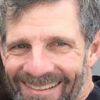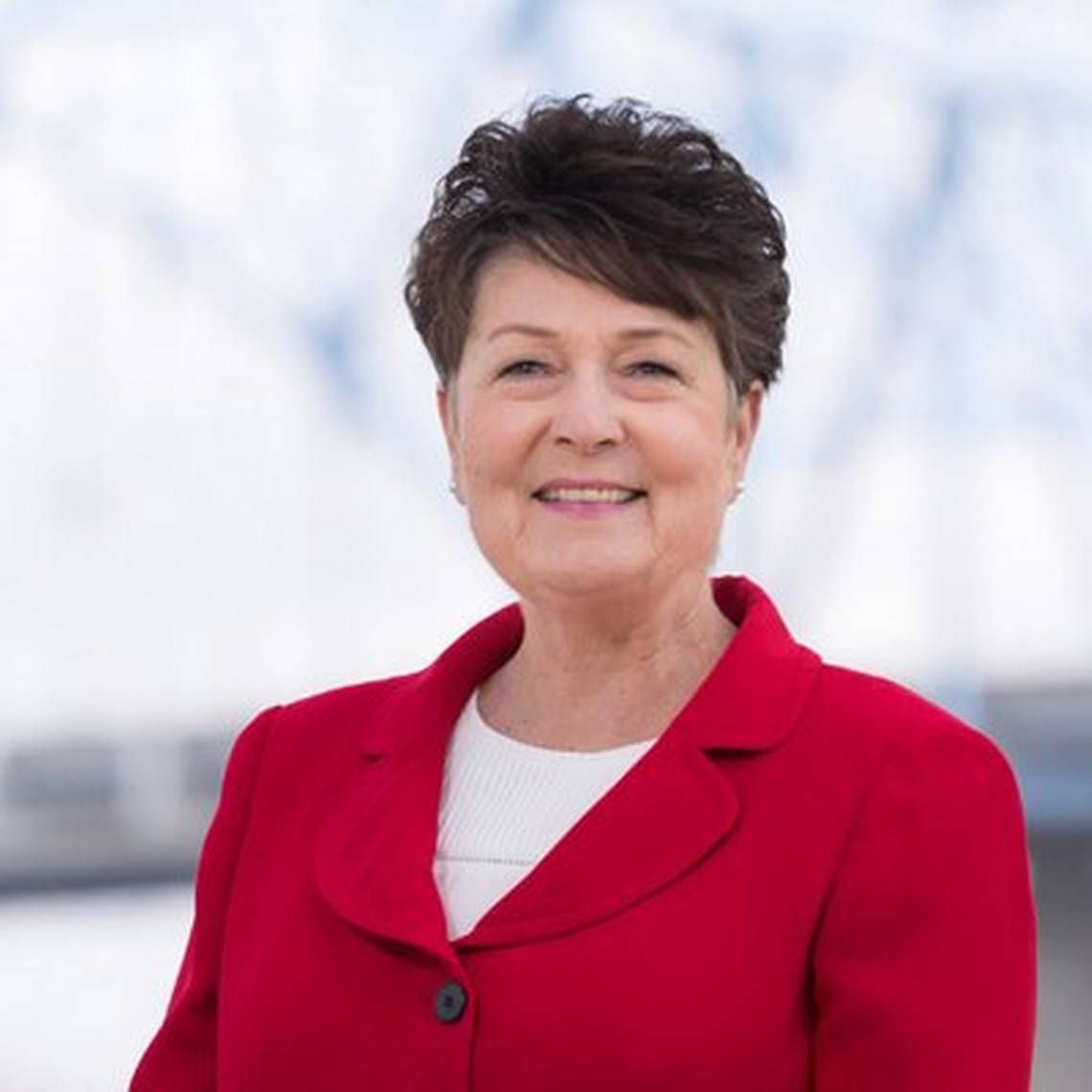An Interview with Christine Brown, Candidate for Congress
I sat down with Christine Brown for an hour and a half discussion about her candidacy for Washington’s 4th Congressional District. I am providing excerpts of that interview to help our readers better understand her views on issues important to our district.
I also reached out to our current representative, Dan Newhouse, for an interview, but did not receive a response.
Ted: Good morning Christine, thank you so much for meeting with me. Let’s start with why you decided to run for the 4th congressional district.
Christine: The bottom line is that I'm very concerned about our democracy under the regressive policies of the current administration. After the 2016 election, I realized that I could make a difference in politics. I looked at my 30 years in television telling the stories of Eastern Washington and realized I already know about all of the important topics to this district. And I know where to go to get information.
Ted: What can you do as a freshman congressperson to help bring the parties together in a way that will truly put country over partisan politics?
Christine: The first thing that I would do is to meet with all the new representatives, Democrats and Republicans, to see where the needs for our constituents overlap. Where can we find common ground? I want to remain open to all points of view. That's why I talk a great deal about the big table as a theme for my candidacy. We have so many different groups in our region. So many feel like they aren’t listened to and don’t have any input to their congressperson's decision making.
Ted: With all that diversity in this district, you have to make decisions that not everybody is going to be happy with. What do you use as your guide for making decisions?
Christine: First of all, you're representing people. I see a big difference between representing people and representing corporations. There are three things we should be doing when we look at issues. Number one is looking out at the big table so that everyone has an opportunity to give their input. Second, I believe that data should play a huge role in decision-making today. Let's use information, not just emotions, for decisions. And lastly, and most importantly, ask yourself who will benefit from this decision, from this policy, from this law. And if it's not the American citizens, particularly those in this area, then it's probably not good for us.
Ted: Congress passed a huge tax cut last year which is projected to lead to a1.3 trillion-dollar deficit. How should Congress be responsible with the taxpayer’s money for the benefit of the country?
Christine: The mantra for the past 20 years has been cut taxes, cut taxes, cut taxes without looking at the role of government. We pay into the system of taxes so that we can do things together that we cannot to do individually. But it requires us to plan for the future. Infrastructure has been ignored for over 20 years, and we don't have the money to support important programs. The Republican leadership has already talked about privatizing or cutting Social Security and Medicare. I would be a proponent of completely reversing the tax cuts.
Ted: What do you think is the issue with immigration reform and what can Congress do?
Christine: I look at immigration from two lenses. One is humanitarian and the other is economic. Humanitarian, people have been living here in an undocumented status for decades and they play an unbelievably important role in our community. They are now our neighbors, our co-workers, our friends. We have built a robust economy on their backs. I believe that it is past time for the individuals who are contributing and paying taxes to have a documented status and a path to citizenship. I do not advocate open borders. We need to address DACA, those 800,000 young people we have invested in. We should move that forward, tomorrow. And, we need a foreign worker program that is workable for farming and other industry.
Ted: We have more gun violence in this country than anywhere else in the world. What can Congress do to reduce the incidence of gun violence in this country?
Christine: First of all, I think any efforts to change the Second Amendment or what it means is a waste of time and effort. I have no interest in altering people's right to own guns. That's number one. But within that I believe that there are many things that can be done to allow people to own guns responsibly and at the same time work diligently to reduce gun violence. What are ways, for example, that other countries or communities have reduced gun violence? We're not going to take guns away from everybody. We're going to find ways to keep guns away from folks who are irresponsible, who intend to harm others, that's what we've got to focus on. Universal background checks is a no-brainer. Reducing the loopholes at gun shows, that's a no-brainer. Probably debatable, but I am an advocate for eliminating the sale of assault weapons like we once did in our country. One thing that we can do is respond to the mental health needs in our country. The vast majority of gun owners are responsible. It disappoints me that those folks don't speak up.
Ted: What can Congress do to address climate change?
Christine: First let me tell you why I think about climate change a lot, because I think about my own children and I think about yours and I think about their children. The future is not going to be the way the past has been. What can Congress do? Congress can redouble our efforts to end fossil fuel burning as much as possible. Coal is dead. Come on, we can't be burning coal anymore and we need to work with other countries to help them reduce the amount of coal that they are burning, we have to be aggressive. If we had started taking steps 20 years ago, we'd be in a different place. Now we are going to have to take some steps that are a little inconvenient and a little uncomfortable. We need to double down on vehicles that don't use so much gasoline.
Ted: Are you a proponent of providing minimum healthcare for all of our citizens?
Christine: Here's my position on healthcare. It's the number one issue that people talk to me about. It's the number one issue in this nation. My position is healthcare for all with single-payer. That is what I advocate for. I talk about Medicare-for-all because Medicare is a way that people can understand what that system would look like. I do believe it is something that should be studied.
Ted: I want to ask you about women's rights and Roe v Wade. Does Congress play a role in that? Where's the balance between individual rights and religious rights?
Christine: I know what I believe. I have lived my entire life with the ability to have the freedom of choice. To make a decision that is right for me. And I want that choice to continue. That people individually can make the decision that is best for them and their situation in life, whatever that might be. Should my right be overpowered by someone else's belief? How we can truly reduce the people being in a position to have to make a choice. I want to spend our effort on education and one of the best organizations that is done that job is Planned Parenthood. They've been vilified, but they have been on the front lines for decades educating and providing products to people to make their best decisions. Let's work to reduce unwanted pregnancies so people don’t have to make that choice.
Ted: What issue do you want to talk about that I haven't already asked you about?
Christine: I guess an important question is why I would be a better representative for this district than our incumbent, Dan Newhouse. I believe that I would be a better representative because I am going to listen to all sides of issues. That's one of the things I learned from television that I feel has the most value in moving forward now. In journalism I learned that there's always one more than one side to a story. And to be open to hear those, to hear them out, that perspective in and of itself is really valuable for people who live here. Secondarily, I'm willing to be a very loud and bold spokesperson for issues that are important to our region. And those are trade, tariffs, immigration, health care, and many more. I don't have any connections to corporations nor a built-in dependency on any political party. I am free to speak and work openly for the needs of our district.
Ted: Thank you very much for spending so much time with me. Tumbleweird and I greatly appreciate it.


